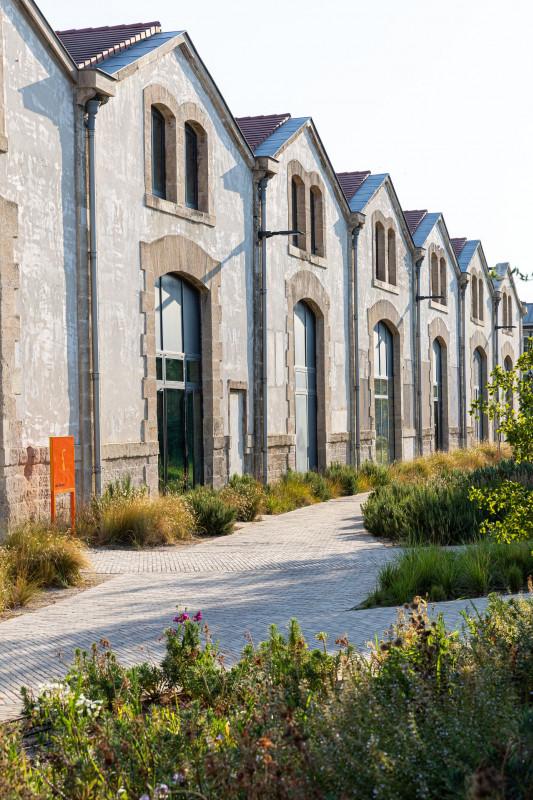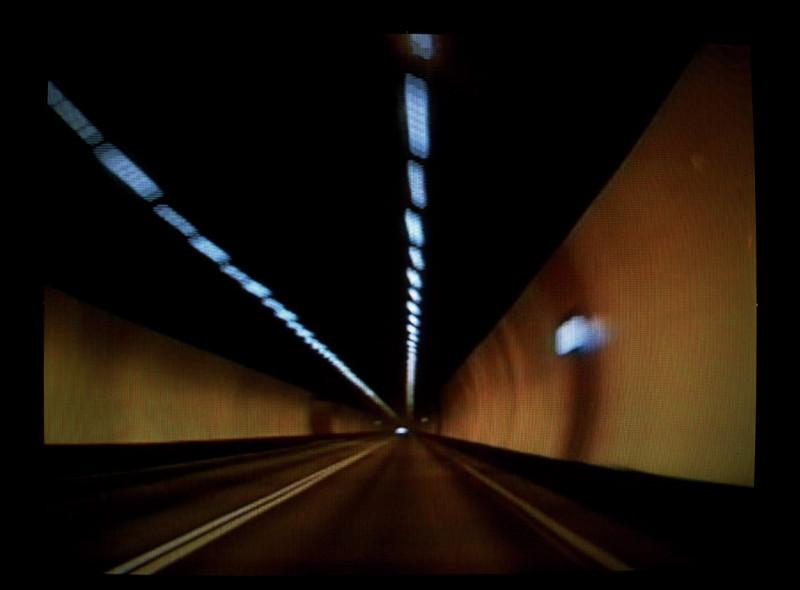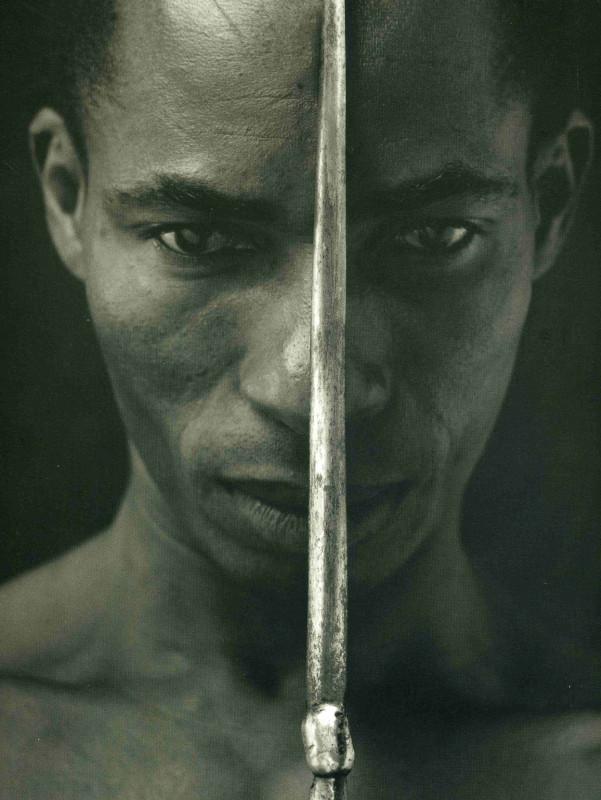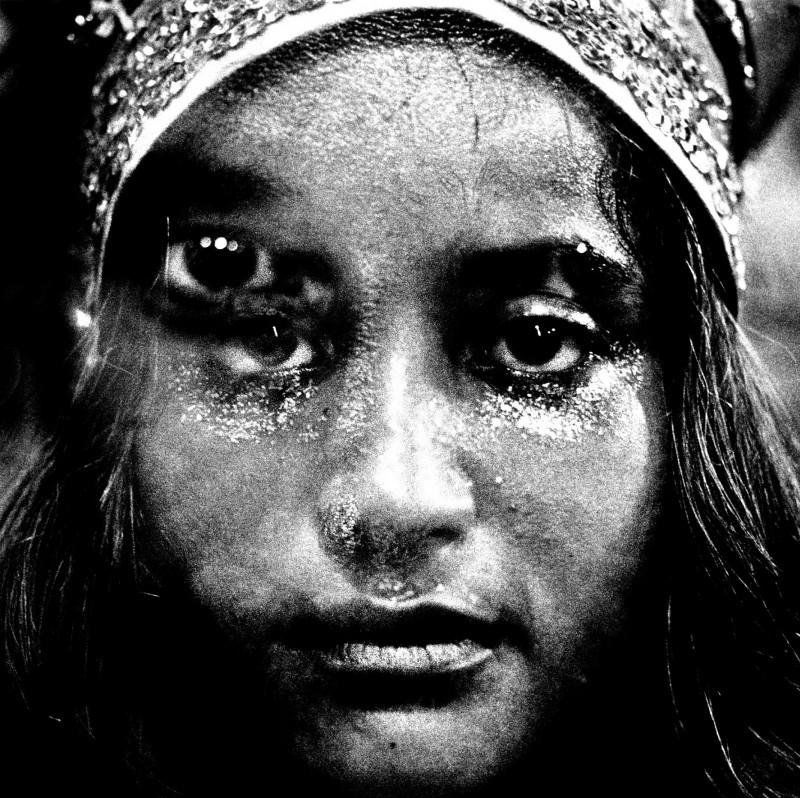Edition 2005
ROSÂNGELA RENNÓ
The organization (of nature, of culture) is perhaps modernity’s synthetic task. The most comprehensive and concrete manifestations of this overwhelmingly obsessive and totalizing activity, whose roots are deeply embedded in the Enlightenment, are familiar to all of us: the library, the museum, the encyclopedia, the dictionary. Such institutions collect, conserve, organize, classify, define and interpret a wide spectrum of less tangible (words) or more concrete (things) objects. Recently, the French philosopher Jacques Derrida diagnosed a rather threatening and infectious fever related to this spirit “archive fever” (le mal d´archive). Rosângela Rennó has been contemplating archives in a critical and poetic way since the end of the ‘80s. Her interest lies primarily in that manifestation which is as special as it is mundane, found mid-way between words and things, and common to both high and low culture: photography. However, Rosângela is a photographer who (almost) does not photograph – an attitude that seems to be founded on the realization that every second the world is flooded by an excess of images.Considering the excessive amount of images, Rosângela has chosen to immerse herself in those lost, forgotten or rejected files and albums which wander throughout the world. This is the case with the photographs created from archives of negatives of the Museu Penitenciário Paulista [Penitentiary Museum of São Paulo]: the series Cicatriz [Scar] (1996), Museu Penitenciário/Cicatriz [Penitentiary Museum /Scar] (1997-1998) and Vulgo [Alias] (1998). The notion of the scar here is dealt with in different ways: the prisoners’ ephemeral memories, the uncertain destiny of an archive of 15,000 negatives, the indelible marks incarceration and tattoos leave on individuals and their images. Another connection is established with anonymity: the images which Rosângela enlarges and brings to the Museum never explicitly reveal their objects. All individuals remain almost anonymous except for their distinguishing marks, which are scars and precarious inscriptions inscribed on their skin with ink. Bibliotheca [Library] is one of the artist’s most ambitious projects. In 37 display windows and 100 photography albums Rosângela unveils, hides and imprisons domestic photographic archives from several origins, appropriately mapped and filed for our scrutiny. The connection to representation is radicalized with the photograph of the photograph’s archive and the beautifully meticulous comments found in the small metal archive which collects, conserves, organizes, classifies, defines and interprets the albums we can only see from the side, and which we are not allowed to touch, let alone open. The file card of album 36 is revealing: “There are no signs that the album has been used during any moment of its long existence. It could be said that its pages remain immaculate, despite all marks left by time. It seems as if it has been very carefully stored for decades, since it was acquired in its original, although somewhat damaged, cardboard box. What is significant and melancholic in relation to the existence of this document is that it only seems to have been touched by the passage of time and never by human hands. An empty document, though filled with significance.” A photograph is worth a thousand words, but it’s impossible to write them down with decency. Adriano Pedrosa, Curator; Belo Horizonte: Museu de Arte da Pampulha, 2002; exhibition folder.







